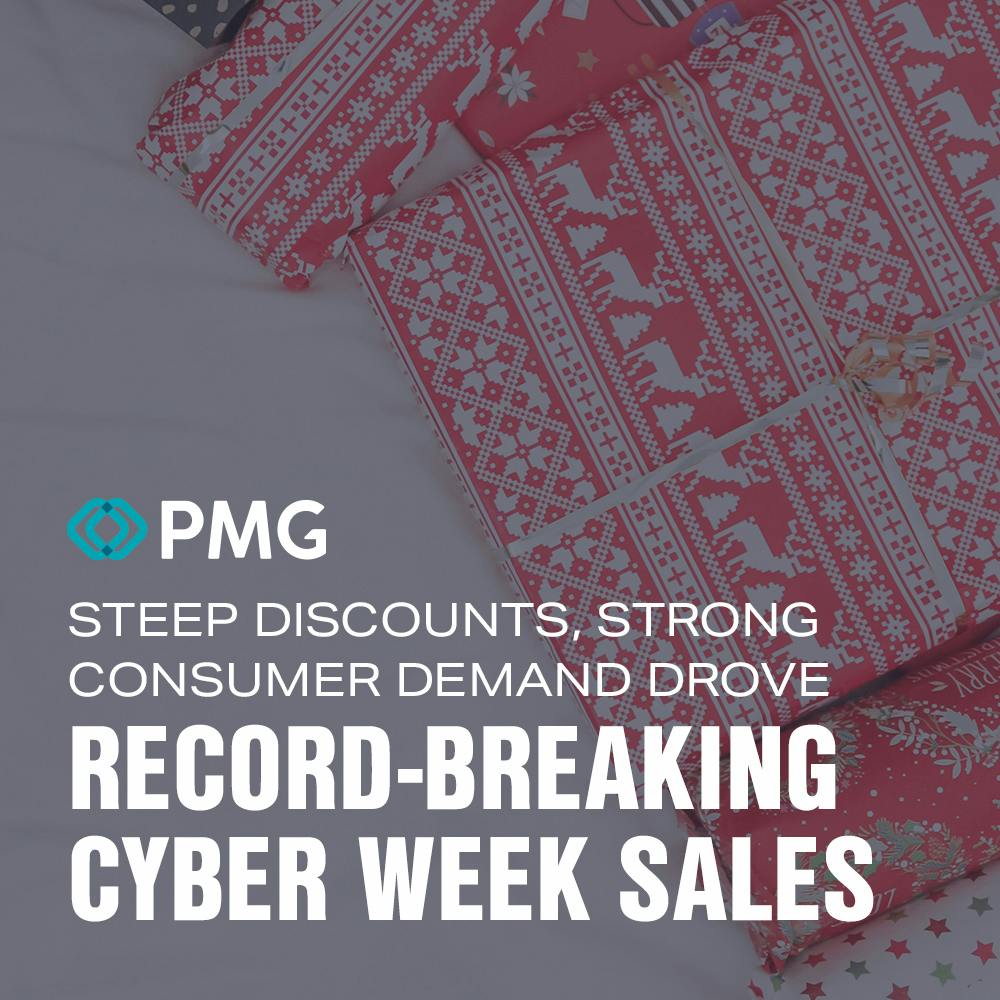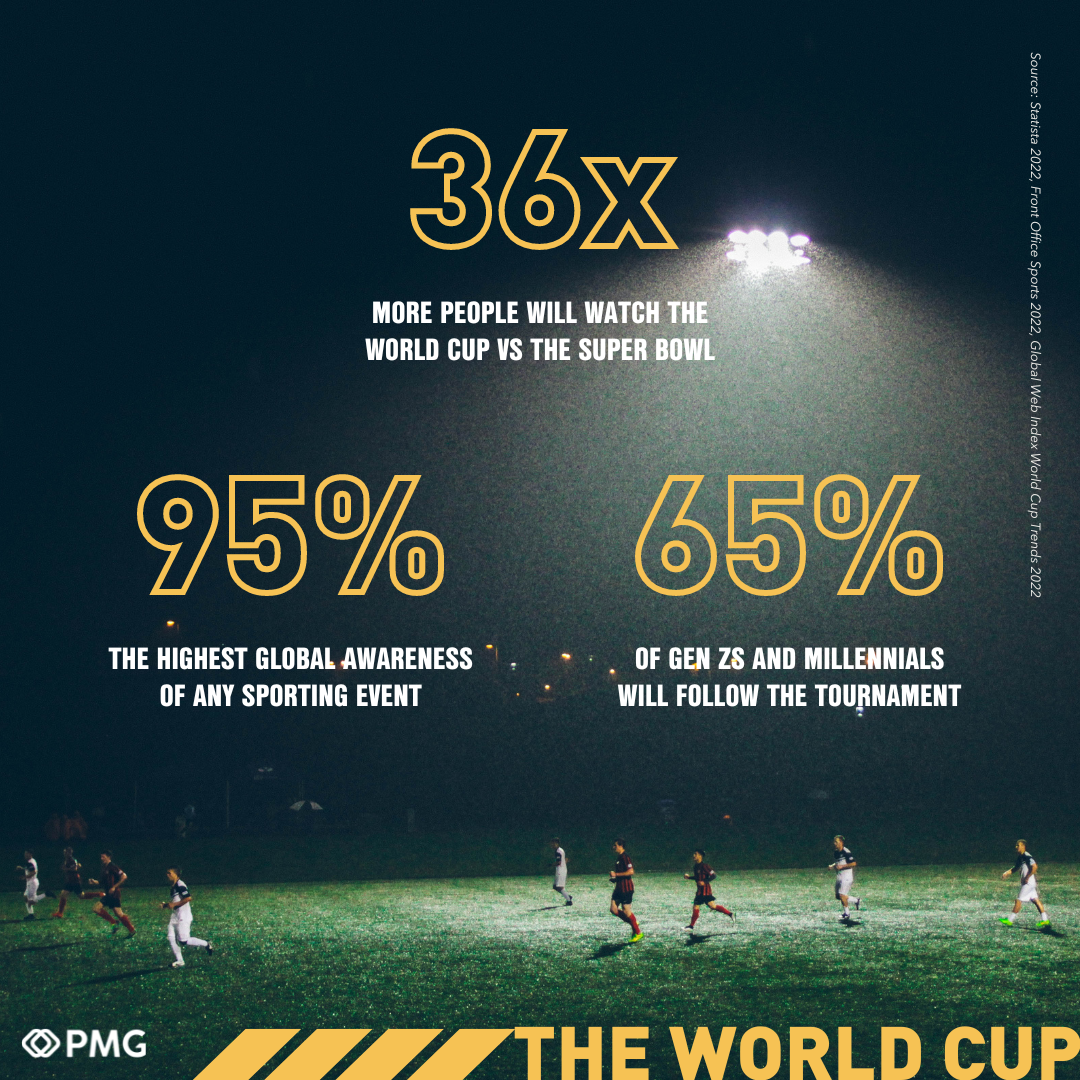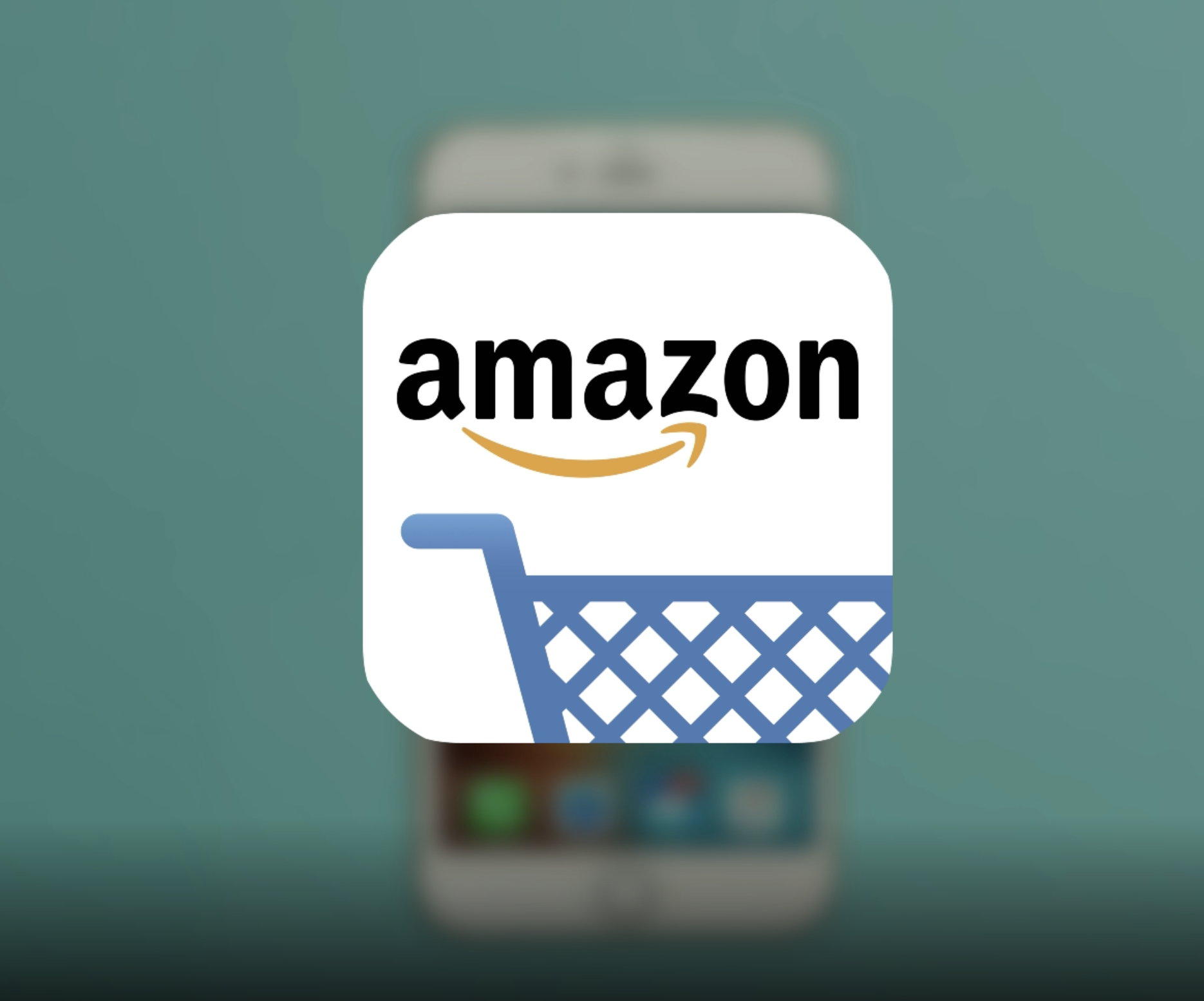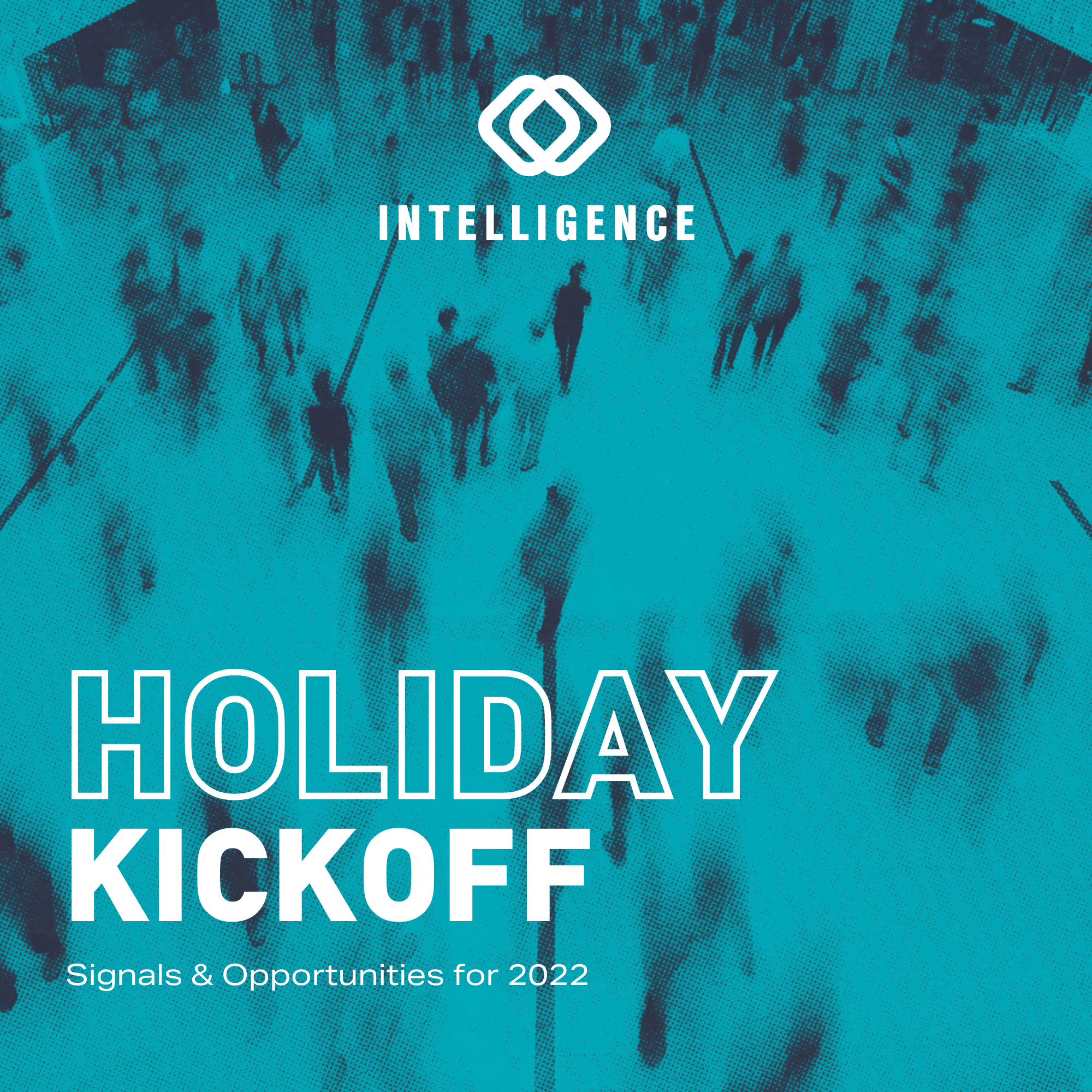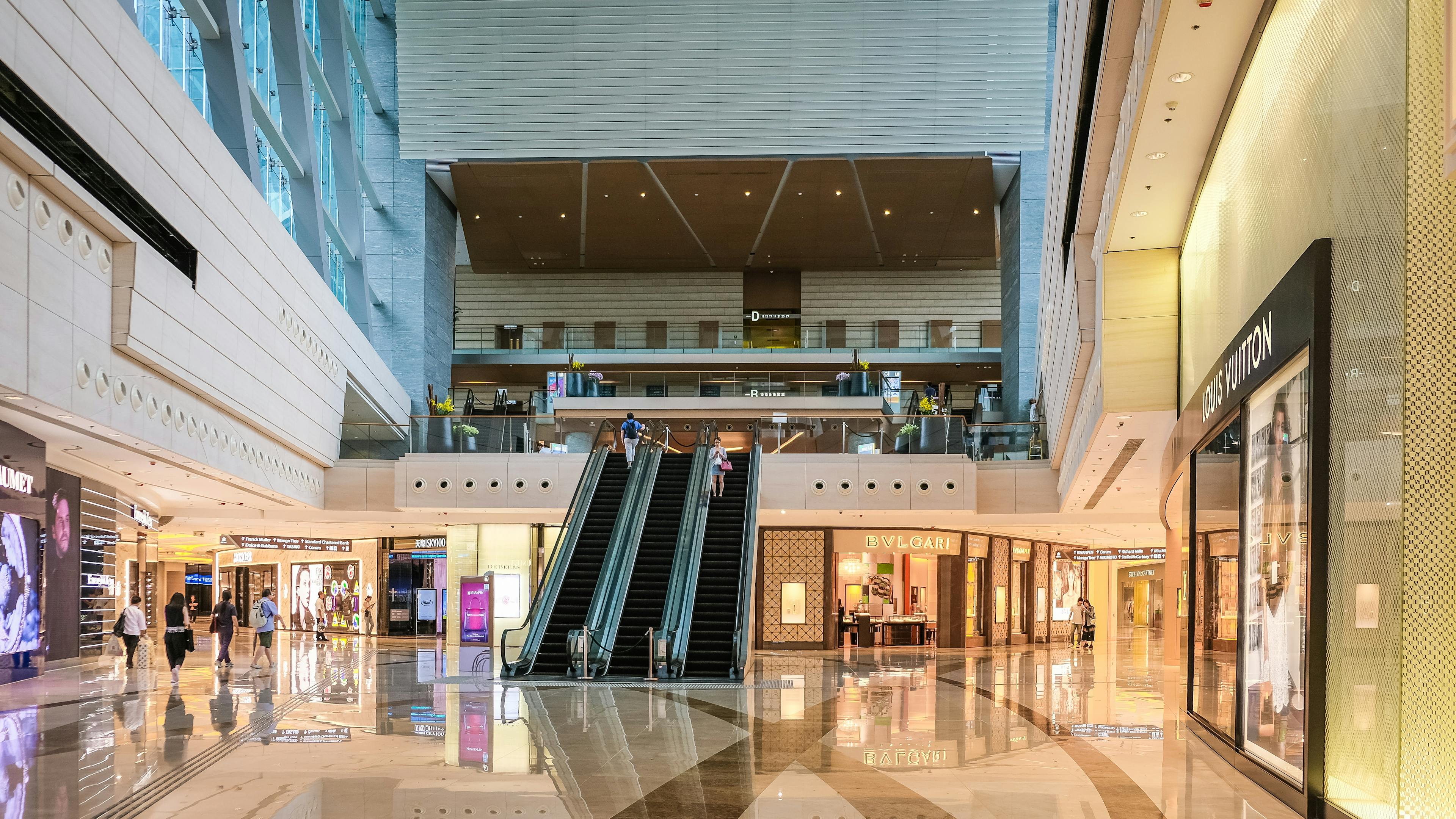Accessibility Tools
PMG Digital Made for Humans
Web3, NFTs and Virtual Goods — The Metaverse Takes Shape for Brands
6 MINUTE READ | November 11, 2021
Web3, NFTs and Virtual Goods — The Metaverse Takes Shape for Brands
Joe Flowers
Joe Flowers has written this article. More details coming soon.
Since CEO Mark Zuckerberg announced a new parent company for Facebook apps and technologies called Meta in late October, major companies have supercharged their efforts to stake a claim in the metaverse, a virtual environment and marketplace that’s actualizing itself before our eyes. Tech leaders hailing from Microsoft, Disney, Niantic, and more have described this online world as the future of the internet, a place where people (and their avatars) can shop, work, visit virtual renderings of popular destinations, and more.
Advancements in augmented and virtual reality, digital goods, fashion, wearable technology, digital currency, and virtual experiences are propelling the metaverse to become the successor to the mobile internet and an extension of “what comes next” for brand innovation, creativity, and engagement.
“The metaverse will not fundamentally replace the internet, but instead build upon it and iteratively transform it.”
- Matthew Ball, Advisor, and Venture Capitalist at EpyllionCo.
Market Analysis
To best understand how the metaverse is taking shape (and will continue to evolve), marketers need to look no further than the behavior and habits of Gen Z and Generation Alpha during the pandemic. As public safety measures and regional lockdowns curbed in-person activities, younger generations spent more time in-game and across digital environments than ever before, as gaming has become synonymous with socializing. While older millennials spend downtime scrolling through social feeds, Gen Z and Generation Alpha are logging in to explore virtual worlds, connect with friends, and attend experiences in digital environments.
Related: Global Web Index reports that gaming remains the top interest of kids ages 8 to 15, with over 70 percent of boys and 64 percent of girls saying they play video games most days or every day.
Interestingly, regional lockdowns and more time spent at home allowed more family members to pick up controllers and try their hand at gaming, resulting in the rapid normalization of gaming for the young and old alike. Gaming hardware, like the Nintendo Switch, sold out nationwide, and games including Among Us, Animal Crossing: New Horizons, and Fall Guys: Ultimate Knockout notched record-breaking numbers of players and online viewers. During 2020, Twitch viewership grew 120 percent year-over-year, as analysts predict esports audiences could surpass 577 million by 2024.
While in-game environments are the current landscape for early metaverse activations, it’s important to note that brand collaboration opportunities can take many forms across dozens of technology platforms. In a recent report, Newzoo provided a snapshot of just how complex the growing metaverse landscape has become as the concept blends avatars and user identity, social community, digital economies and payments, immersive experiences, and user interfaces with centralized portals into these constructed environments.
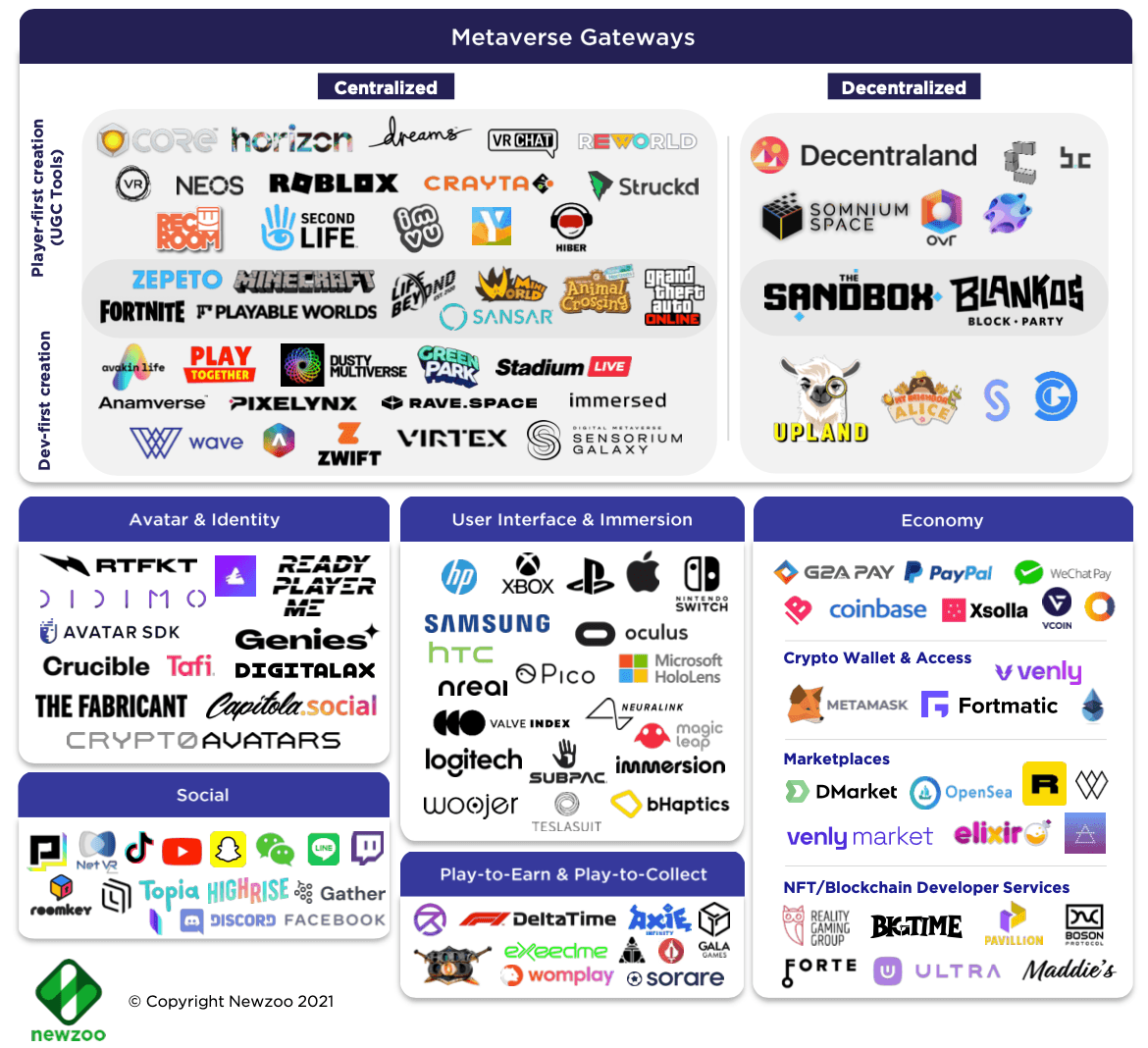
Newzoo Metaverse Gateways, 2021
As the virtual and physical worlds continue to converge into the metaverse across an ecosystem of platforms, brands have a unique opportunity to engage with new and loyal customers in these emerging spaces, capitalizing on consumer behavior and market trends that are fueling the digitization of culture and the future of the internet.
Strategic Recommendations
While mass adoption of a fully envisioned metaverse has yet to come, there’s plenty that can be done now to start preparing for its eventual arrival. By understanding and demystifying some of the building blocks of the metaverse, brands of all sizes, and across all industries, can begin to explore what qualities and experiences will shape the intersection of our physical and virtual worlds.
Related: Morning Consult reports Americans don’t like ‘Meta’ name or care about Facebook’s metaverse.
Invest for the long game — As marketers, it’s sometimes difficult to take a big step without a promise of profitability, but brands that plan for the long-term will see much higher returns from the metaverse compared to brands that immediately try to hop in and monetize. BMW recently introduced Joytopia, which will eventually become their home for digital events. For now, however, it’s a place to test, host one-off moments (like a Coldplay concert), and gather feedback from users on what they’d like to experience in the future.
Explore Non-Fungible Tokens (NFTs) — NFTs offer the easiest entry point into the metaverse. Buying, collecting, and selling items via the blockchain establishes NFTs as a powerful way to create brand love and encourage collaboration in the metaverse. Think of non-fungible tokens (NFTs) as collaborative collectibles for your brand. NFTs have one owner (or fractional ownership), with that ownership fully tracked via the blockchain. For the luxury and high-cost categories, NFTs also create a unique opportunity to provide more approachable options for consumers who may not be ready for a physical world purchase or as digital companions to physical world purchases. As ownership transfers, sometimes at increasing values, NFTs also allow for the original creator, and even previous sellers, to still receive a percentage of profits, making it more equitable for all.
Already, brands from State Farm Insurance to McDonald’s, Pizza Hut, and Pringles have launched NFT-related promotions this year. According to The Wall Street Journal, “Interest in NFTs is exploding among collectors, investors and speculators, generating $10.67 billion in trading volume in the third quarter of this year, up 704% from the second quarter.”
Dive deeper into blockchain — Once you have a handle on how the blockchain facilitates NFTs, it’s worth exploring what it can do to drive business. One of the most common applications of the blockchain is smart contracts, which have a massive upside for media plans and influencer/creator partnerships. With ad fraud predicted to cost around $42 billion for advertisers, blockchain technology can also be applied to manage and reduce click fraud, allowing marketers to better manage spend on working media.
Plan for decentralized finance — As your brand begins to blend physical and virtual worlds, marketers will need to consider the expanding role of cryptocurrency. There are plenty of biases around cryptocurrency (namely its volatility), but the reality is that it’ll be the monetary system of the metaverse. Cryptocurrency will likely be the primary method of payment in the metaverse for media placements, creator partnerships, and the purchasing of goods and assets. As the metaverse blends our physical and virtual worlds, it’s entirely reasonable that crypto will become as common a payment option for online and in-store purchases as credit is.
Dig in and have fun — Whether it’s building something new, joining something popular, or signing up for a Discord server to learn more from other metaverse enthusiasts, you can’t get a handle on what the metaverse can do by sitting on the sidelines. Look for ways as an individual and a brand to build, learn, fail, and improve.
Stay in touch
Bringing news to you
Subscribe to our newsletter
By clicking and subscribing, you agree to our Terms of Service and Privacy Policy
A mass-adopted metaverse won’t happen in a day, but opportunities already exist for brands and advertisers to participate. There’s no time like the present to dive in and start exploring!





